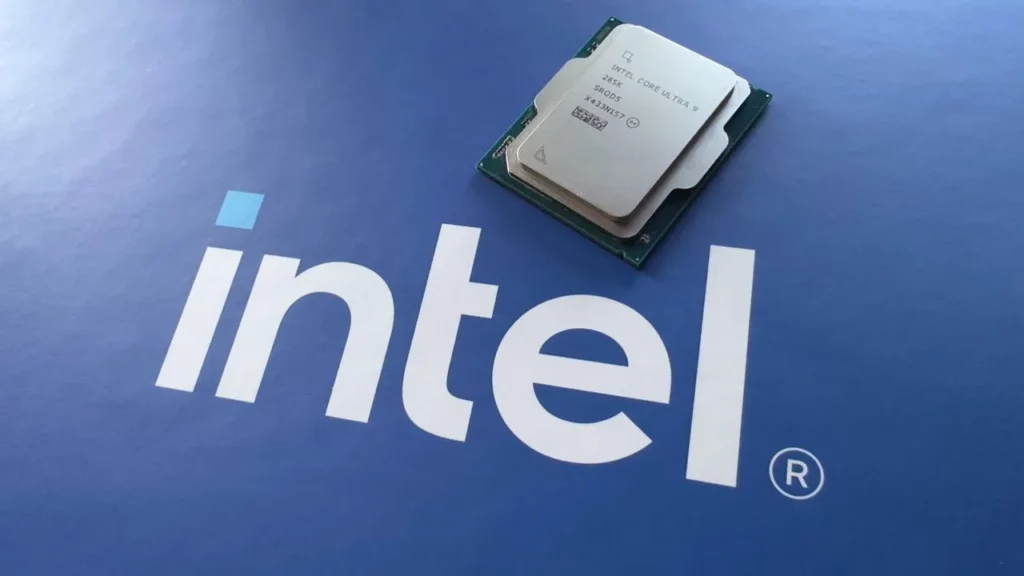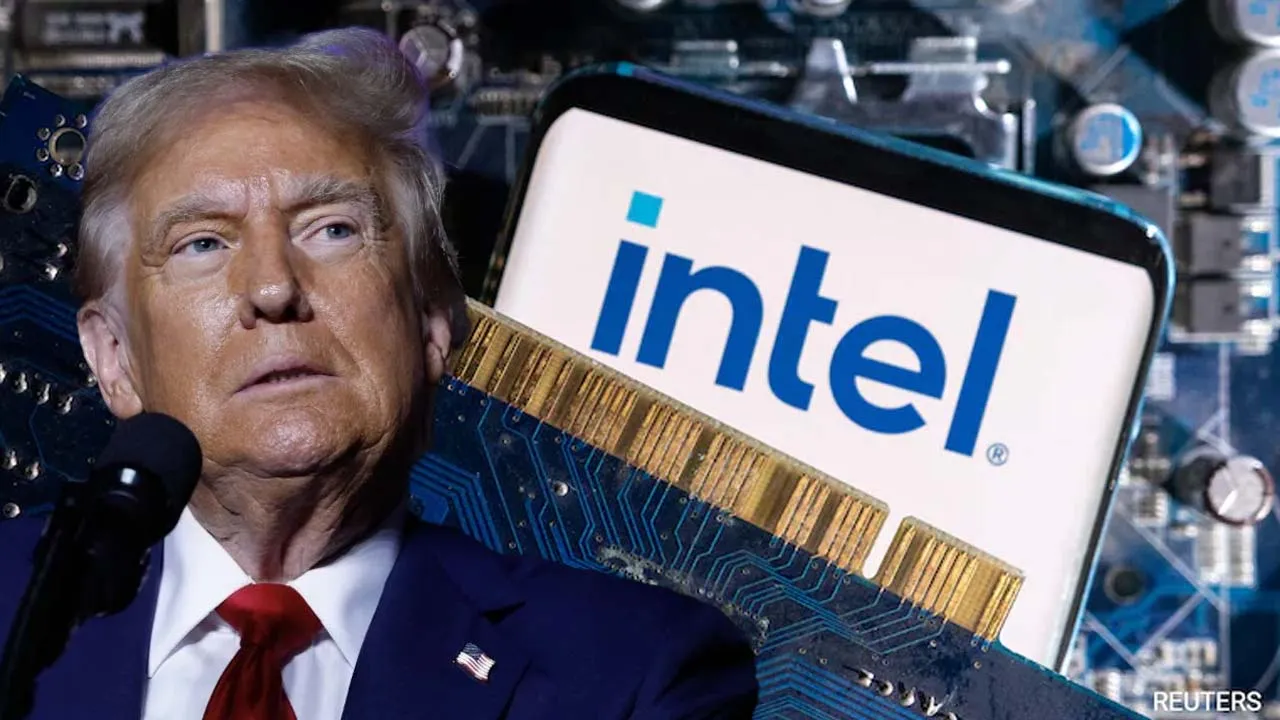The US government stake in Intel now stands at 10 percent, though the $8.9 billion investment mostly repackages money Intel was already promised.
US government stake in Intel tied to CHIPS Act funds

Intel confirmed Friday that it will grant a 10 percent equity stake to the federal government. But most of the $8.9 billion payment fueling the deal isn’t new; it’s part of previously approved CHIPS Act funds and Secure Enclave grants.
The package includes $5.7 billion in CHIPS Act grants Intel had yet to receive and $3.2 billion already paid under the Secure Enclave program. According to Intel, the government’s ownership will be passive, with no board seats or control rights attached.
Trump pressured Intel into the deal
President Donald Trump preempted the announcement by revealing details in a press briefing. He described the deal as a condition for Intel CEO Lip-Bu Tan to keep his job following criticism over Tan’s links to China.
“I said, ‘I think it would be good having the United States as your partner,’” Trump told reporters. “They’ve agreed to do it, and I think it’s a great deal for them.”
Trump also claimed this deal won’t be his last, hinting that more company tie-ups could be coming soon.
SoftBank and the US government both invest in Intel
SoftBank also recently committed $2 billion to expand Intel’s chipmaking operations in the US. Combined with the new public investment, the moves suggest renewed urgency around securing domestic chip supply.
Here’s what’s included in the government’s stake:
- $5.7B in CHIPS Act funds
- $3.2B from the Secure Enclave program
- No voting rights or governance power
- Total: 10% equity in Intel
US government stake in Intel raises new questions
Intel thanked the White House for its support but remained vague on how the stake could affect operations long term. Treasury Secretary Scott Bessent described the equity transfer as a “conversion of grants” meant to stabilize US chip production.
Behind the scenes, reports suggest the administration has floated similar equity demands to other chipmakers, including Nvidia and AMD.
Government deal-making hits a new phase
The US government’s stake in Intel signals more than financial aid; it marks a shift toward nationalizing influence over key tech firms. With Trump saying he’ll “do more of them,” the model might soon stretch beyond silicon.














